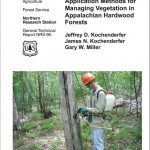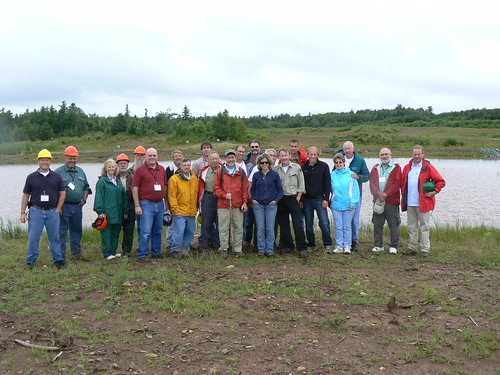Preliminary Schedule
Council of Eastern Forest Technology Schools (CEFTS) Meeting
August 1-4, 2012
Bartlett Tree Research Laboratory
Charlotte, NC
Wednesday, August 1, 2012
Arrive and check in to HYATT PLACE Charlotte/Arrowood
7900 Forest Point Blvd.
Charlotte, NC 28273
704.522.8400 x5104 (office)| 704.522.8489 (fax)|www.hyattplacecharlottearrowood.com. Steve Resh will make shuttle trips to the airport as necessary during the day. A group of rooms has been reserved for the CEFTS / Bartlett Tree group. You should call in to make your own reservations.
Instructions for making reservations:
You have 2 ways of booking your reservations:
You must make your reservations by 7/6/12.
7:00 pm Welcome Reception at the Research lab. Allegany College of Maryland will sponsor the reception which will be comprised of liquid refreshment and heavy hors d’oeuvres. Transportation from the hotel will be provided.
8:30 Vans will return participants to the hotel and the Executive Committee will meet at the hotel. All award nominations should be submitted to the appropriate individual prior to this meeting. (Grad. For Tech. Achievement Award, other) Remainder of the participants can have the evening free.
Thursday, August 2, 2012
Continental breakfast at the hotel.
8:00 am Vans will leave the hotel and travel to the lab.
8:30 Outdoor activities and lab tours. Bartlett Tree Experts conduct many research projects at the lab and we will see as many as time permits. The following come highly recommended: Insect and Diseases diagnostic clinic, planting study, bio char soil additive study, extensive arboretum, tree preservation study in a construction area, planting-root system study.
12:00 Lunch at the lab. We will include the cost of the lunches in the registration fee.
1:00 Continue with outdoor tours/activities.
5:30 Van will return guests to the hotel
6:30 Evening meal will be on your own. We can van pool to a spot agreeable to all or simply agree to go our own way.
Friday, August 3, 2012
Continental breakfast at the hotel.
8:00 am Van will leave the hotel and travel to the lab.
Indoor activities today.
8:30 am Business Meeting CEFTS
10:00 am Tree Inventory and GIS presentation from Bartlett employees
12:00 Catered lunch at the lab. Fee included in registration costs.
1:00 pm Curriculum Discussion: How can “Urban Forestry skills” be incorporated into the traditional forest management curriculum so graduates are prepared to take advantage of these job opportunities. John Jastrzembski, Steve Resh, Lab personnel.
3:00 pm Cracker Barrel Discussion.
We will allow time to discuss various topics as presented by the members of CEFTS. These have ranged from recruiting, to Accreditation to grant sources to educating young faculty members. I will poll the membership and ask for topics.
5:00 Van returns members to the hotel.
6:00 Closing Dinner and Scholarship Auction.
Bartlett Tree Expert Corporation will host our closing banquet at the lab. Following the dinner, we will hold our annual scholarship auction. Please bring something to donate which will entice the membership to bid. Proceeds will benefit the scholarship fund. We have tried to keep the cost of this meeting as low as possible in order to encourage your participation. But now is not the time to be cheap!
Saturday, August 4, 2012
Shuttle service from the hotel to the airport will be provided as necessary.
Click to see a pdf or Word Document of this announcement.




